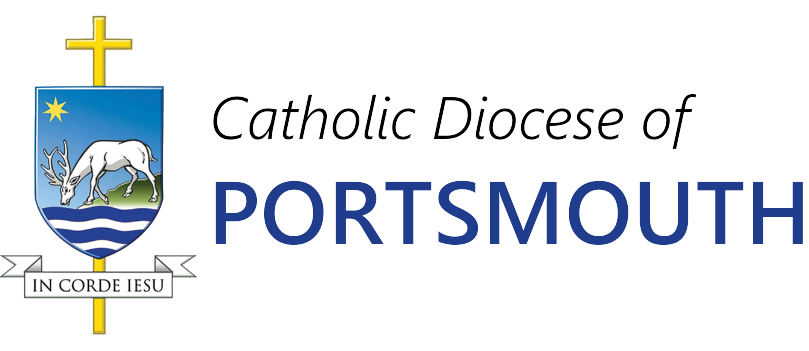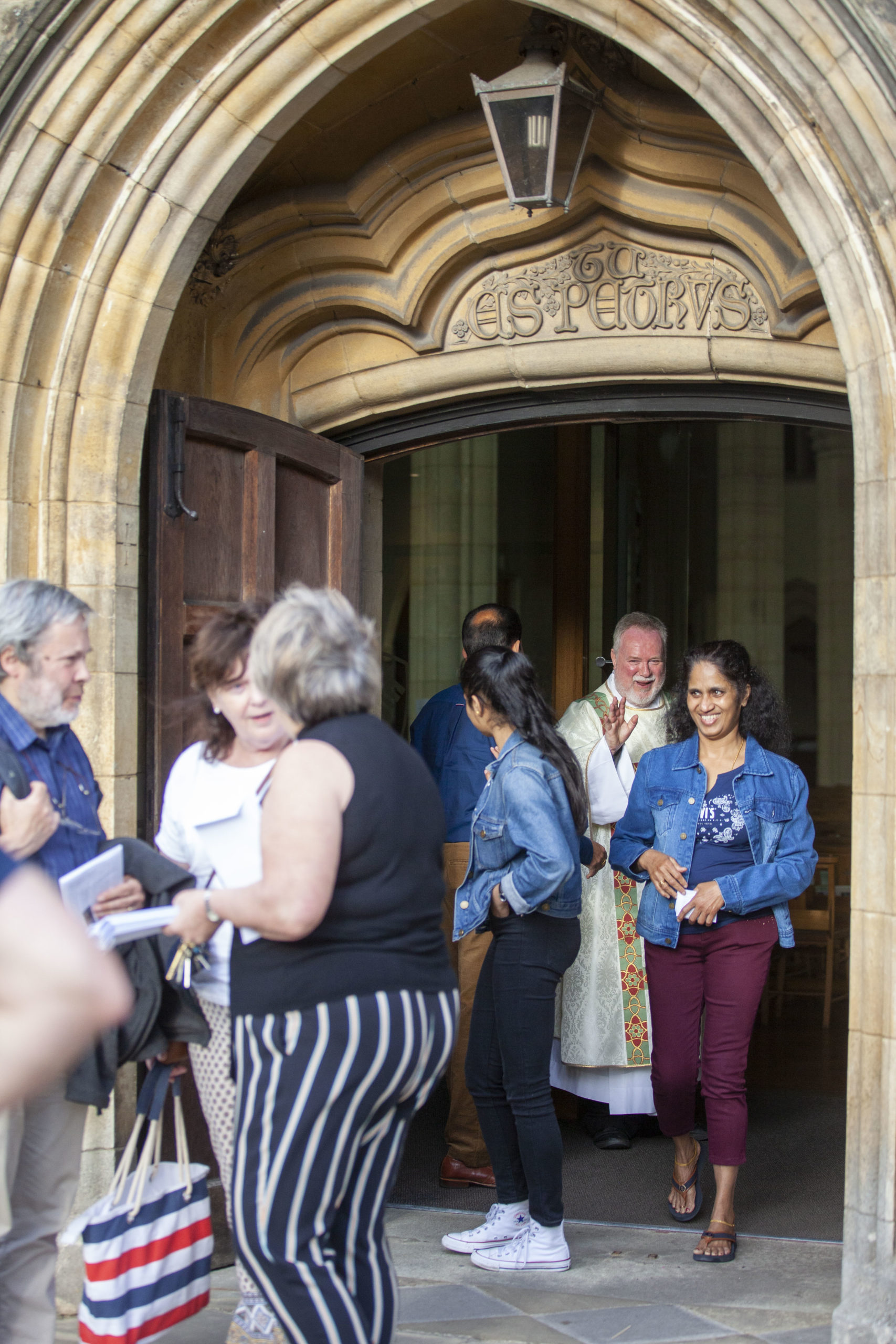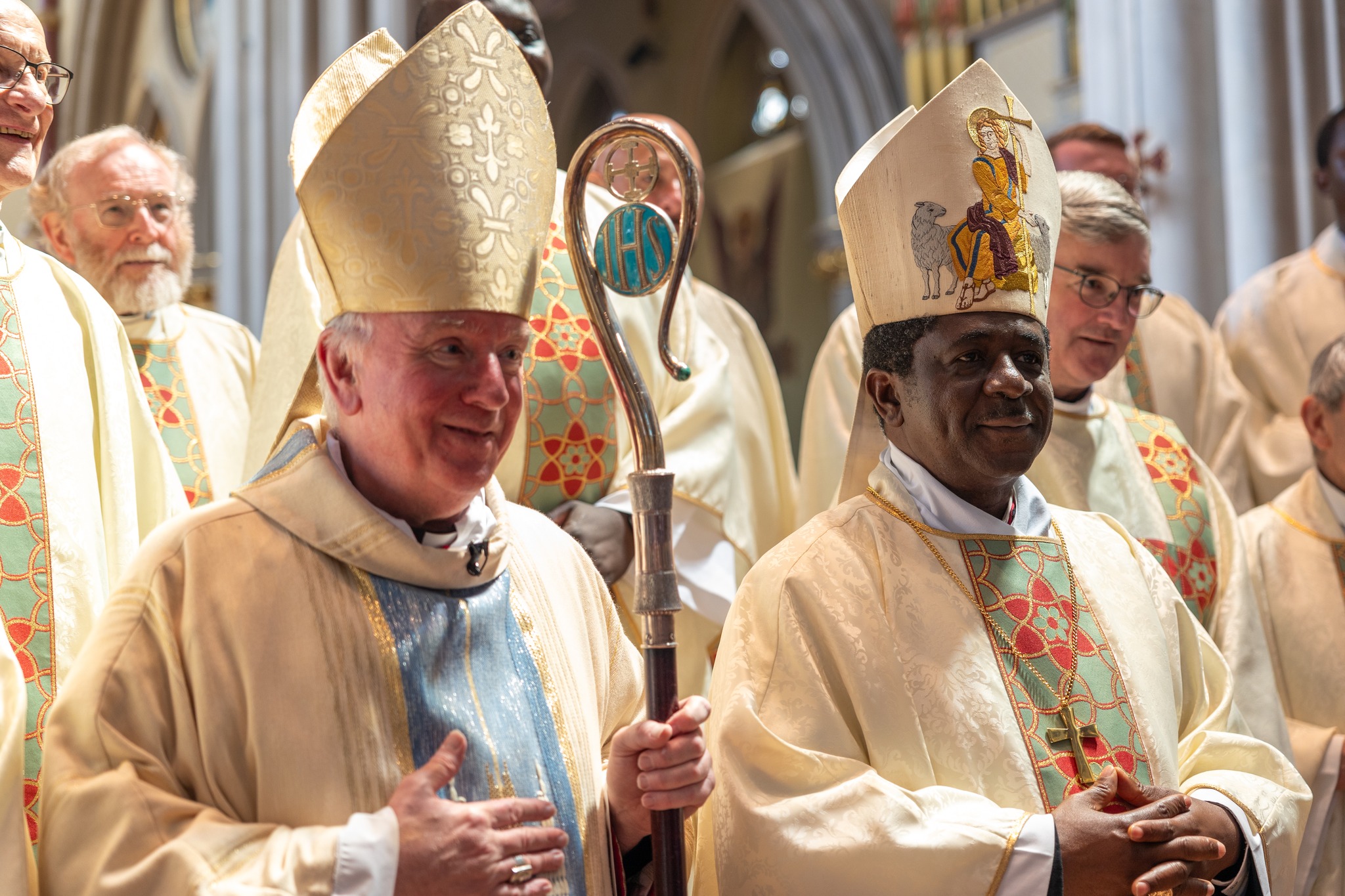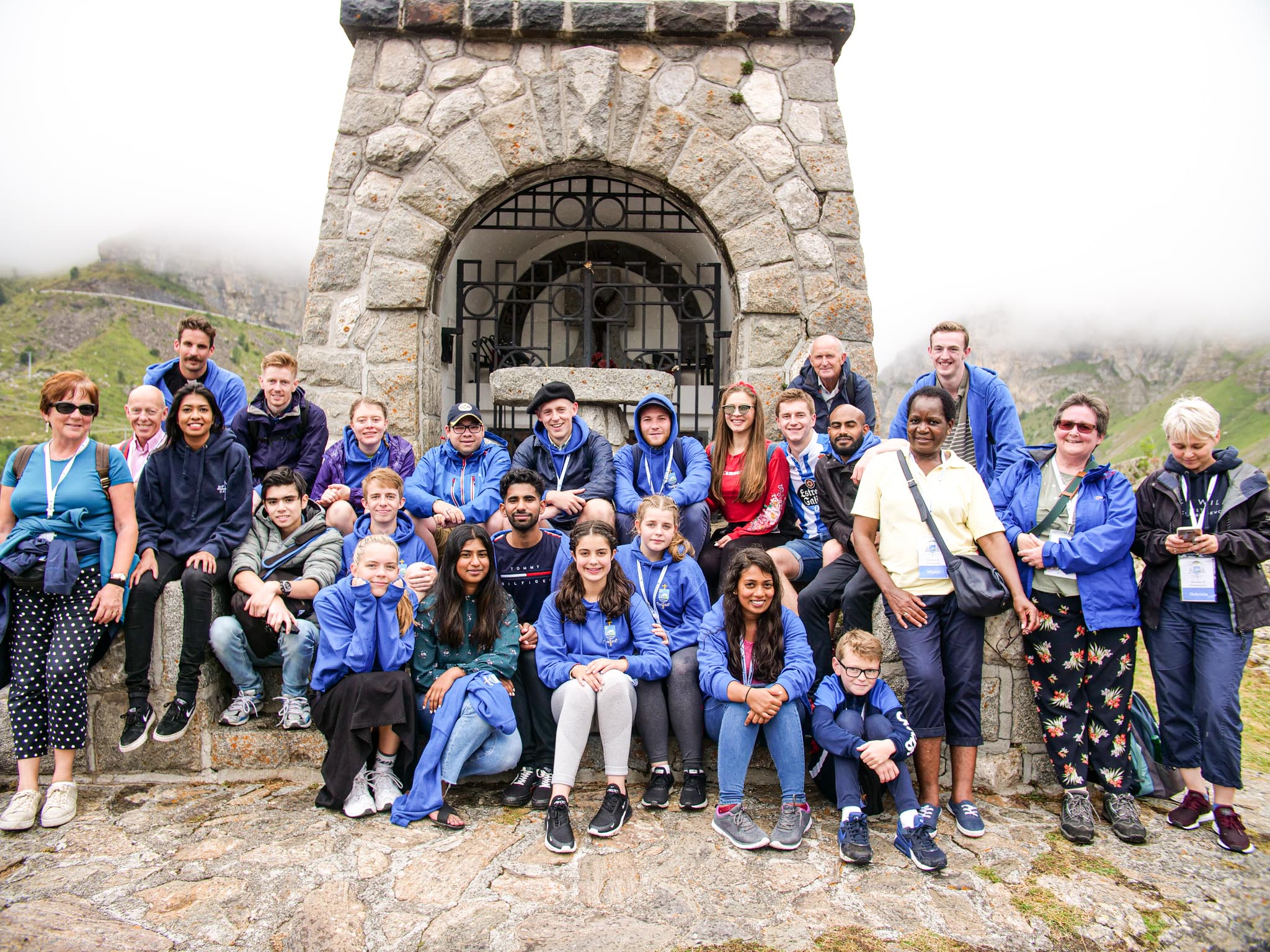As Seafarers Sunday on 9th July approaches we remember the fantastic work of our Catholic Maritime Charity Stella Maris.
“The seafarers had several shopping trolleys filled with fresh fruit and vegetables, bottled water, rice, pasta, and other items when the supermarket manager appeared and said they were not allowed to buy in bulk at this particular branch,” said Rev Doug Duncan, Stella Maris north-east Scotland regional port chaplain in Aberdeen.
He explained that because seafarers spend months at sea, when their ship arrives in a port, they often want to stock up in local shops. The manager wouldn’t listen, so Doug told the seafarers to leave the trolleys. He took them to a nearby Asda, where they were allowed to buy what they needed.
The irony is that many of the goods sold in supermarkets have been imported and arrive in the UK by ships, not by planes. Around 90% of imports to the UK arrive by ship. This includes items such as coffee and oranges to washing machines and cars.
At one time, seafarers could look forward to time ashore after arriving in a port. But the changes in the shipping industry mean that the time they get ashore is now very short. And some ships never actually dock. Oil tankers, for example, may connect to a pipeline somewhere off shore.
This is where Stella Maris port chaplains such as Doug play such a vital role. They can collect seafarers in the port, drive them to a supermarket, and return them to their ship.
Doug also provided the seafarers, who were on a coaster carrying salt to Aberdeen, with a MiFi unit which enables them to contact loved ones back home. The vessel was to make two trips to Aberdeen over the week, so Doug agreed to leave them the unit and get it back on their last trip.
The idea of spending months at sea in a metal box hundreds or thousands of miles from land and without any way to contact your family back home would not appeal to most of us. But for most seafarers this is the reality of their working life.
There’s nothing glamorous about working on a ship. It’s a tough and dangerous job where the hours are often long and the pay low. The deck can be slippery, the sea and the wind can be treacherous, and fires on board and collisions with other vessels are common hazards.
Stella Maris port chaplains and volunteer ship visitors are a lifeline for seafarers. In their hard hats and high-vis jackets, they go about their work quietly and without any fuss. When they climb the gangway to a ship the first question they ask the crew is: Can I help you in any way?
They can provide mobile phone top-up cards, internet access (many ships still don’t have this), warm clothing in the winter, and transport to local shops. As well as this, they can arrange for Mass to be said on ships or for them to be blessed. This often happens if there has been a death on board.
When a ship arrived at Teesport last year, two Stella Maris ship visitors went on board, taking with them welcome packs and bags of clothing. It transpired that the 22-strong crew was under huge mental and physical strain. One confided that, during the voyage to Teesport from the USA, he had only been getting two hours sleep a night because he was so stressed and overworked. He was also concerned that the crew were no longer able to operate the vessel safely as they were all exhausted.
The Stella Maris team immediately contacted the relevant authorities and a vessel detention notice was served that afternoon. Eleven of the crew were repatriated to the Philippines later that month.
Port chaplains and ship visitors understand the need for seafarers to be able to relax. That’s why Charles Stuart, Stella Maris regional port chaplain for the south of England, took seven of the crew of an oil tanker which arrived Fawley in Hampshire for a spot of sightseeing. They visited Stonehenge and Salisbury, and stopped for lunch at Kentucky Fried Chicken.
“For the crew who had not seen grass, trees, or people for many weeks, the joy of driving through rural England turned to absolute delight when we caught sight of Stonehenge on the horizon,” he said.
“Away from the stresses of their confined life at sea, the seafarers were rejuvenated. The outing had accomplished its purpose, offering respite from daily routines and a taste of freedom and normality. As we took our leave, we could see the renewed energy and enthusiasm in everyone’s eyes, and knew the memories of this day would last a long time.”
Stella Maris is appealing to readers to support its ministry with fishers and seafarers by praying for them on Sea Sunday on 9th July. Donations are requested through its website: www.stellamaris.org.uk/donate.
Recent Posts
On Friday 29th November, MPs voted in favour of proposals to legalise assisted dying in England and Wales. The Terminally Ill Adults (End of Life) Bill will now face many [...]
Management Accountant Hours of Work: 37.5 per week (Monday to Friday) Type of Contract: Permanent The successful post-holder will be part of our Diocesan Finance Team reporting to the Head of Finance [...]
The Administrator will be a member of the Catholic Academies and Schools Office, working collaboratively with the Diocesan Director of Education and team members to provide administrative and governance support. [...]
This Sunday 8 September, at the end of the first week of the new academic year, we celebrate Education Sunday. Our Catholic schools are a key element of the vitality [...]






